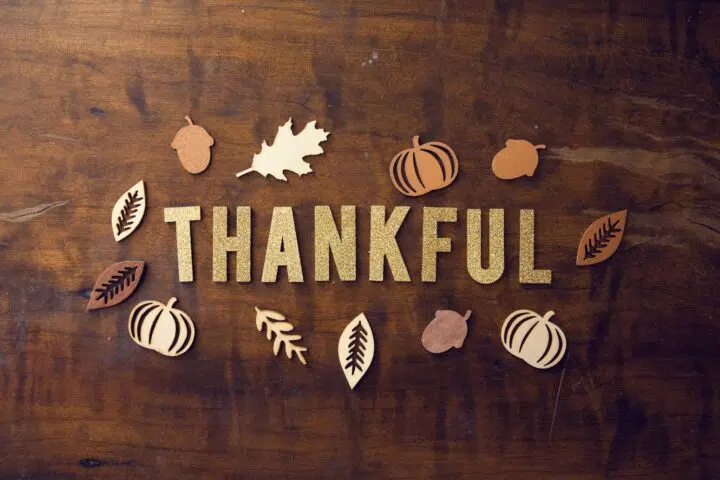I just finished a World War II novel called Salt to the Sea by Ruta Sepetys. Then I started watching the Masterpiece show Atlantic Crossing. People ask me often how after 30 years of researching, writing, and speaking about World War II, I could still be so interested in the subject. “Don’t you get tired of it?” they ask.
But how do you grow weary of a subject that encompasses the full range of human experience and emotion? A time period that brought out the absolute worst in humanity but also the best? A war that spanned 50 countries and countless millions of personal stories?
Who can say why some passions are fleeting—like my brief desire to learn ballroom dancing— and some stay with us for a lifetime? Who can say why some of us feel “called” to a profession from an early age and spend our entire careers in that field, and others move from interest to interest, job to job? Who can say why something can feel so good for so long, and then one day it just doesn’t?
“Follow your passion,” we’re told. But the expression should be “follow your passions,” whatever they may be and however they may change. In this country, the first question we ask a stranger is “What do you do?” We want someone’s work to define them. If someone changes careers often, rather than admiring their constant curiosity and dedication to learning, we call them “flaky” or “unsettled.”
We make it difficult for people to move beyond a former passion. When a lifelong tennis player decides she no longer enjoys the sport, her friends pressure her into continuing it, reminding her you “can’t abandon something you love.”
I say, why not? If what we formally loved no longer feels invigorating or inspiring or healthy, why not let it go? Passion is personal. It’s for me to say what brings me joy, no one else.
So maybe you quit one of your passions and see how that feels. You can always go back to it later, if it calls to you. If not, you’ll have the memories, lessons, and friendships it once brought your way and can feel good about that.
But if a lifelong passion still brings you joy, hold onto it, even if people say you should have outgrown that by now, or you’re too old to continue it, or you should try something else for a change. Hold onto it not because some people admire you for sticking to it, but because it still fills you up.
A friend recently decided to give up something he was known for, and his friends rebelled. They teased him and questioned him and tempted him back. But he stuck to his guns. And he feels lighter and happier now.
So . . . you be you, and I’ll be me. You follow your passions, and I’ll follow mine. And we’ll take that energy we feel when we’re being true to ourselves and put it back into the world in positive ways.
Teresa R. Funke
If you like this post, please share and credit Teresa and Bursts of Brilliance for a Creative Life blog



